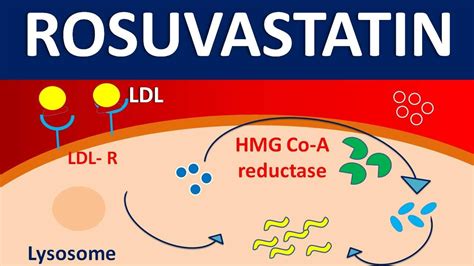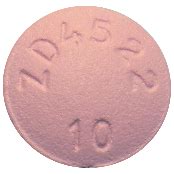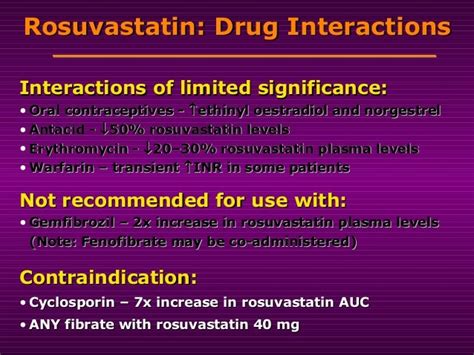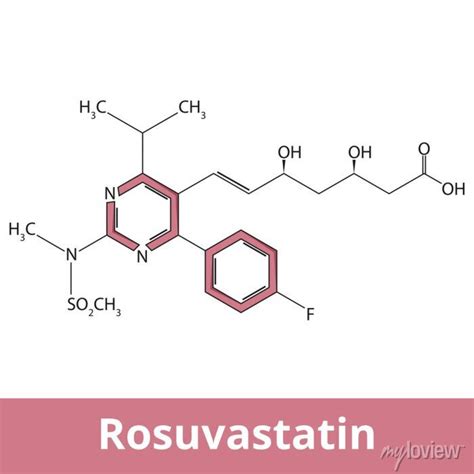Intro
Learn about Rosuvastatin 20mg Tablet, a statin medication for high cholesterol treatment, lowering LDL and triglycerides, and raising HDL levels, with information on dosage, side effects, and benefits for cardiovascular health.
Rosuvastatin 20mg tablets have become a crucial medication in the management of cholesterol levels and the prevention of cardiovascular diseases. With the increasing prevalence of high cholesterol and related heart conditions, it's essential to understand the role of rosuvastatin and its benefits. High cholesterol can lead to the buildup of plaque in arteries, increasing the risk of heart attacks, strokes, and other cardiovascular events. Managing cholesterol levels is vital for maintaining overall health, and medications like rosuvastatin play a significant role in this process.
The importance of controlling cholesterol levels cannot be overstated, as it directly impacts the risk of developing serious health conditions. Rosuvastatin, a statin medication, works by inhibiting the enzyme HMG-CoA reductase, which is involved in the production of cholesterol in the liver. By reducing cholesterol production, rosuvastatin helps lower the levels of bad cholesterol (low-density lipoprotein, LDL) and increase the levels of good cholesterol (high-density lipoprotein, HDL) in the blood. This dual effect contributes to a reduced risk of cardiovascular diseases.
Understanding how rosuvastatin works and its potential benefits is crucial for individuals who have been prescribed this medication. It's also important for those at risk of high cholesterol to be aware of the preventive measures and treatments available. This article aims to provide comprehensive information on rosuvastatin 20mg tablets, including their mechanism of action, benefits, potential side effects, and how they fit into a broader strategy for managing cholesterol and preventing cardiovascular disease.
Rosuvastatin Mechanism of Action

Rosuvastatin belongs to a class of drugs known as statins, which are widely used to lower cholesterol levels. The primary mechanism through which rosuvastatin exerts its effects is by inhibiting the enzyme HMG-CoA reductase. This enzyme is crucial in the biosynthesis of cholesterol in the liver. By blocking this enzyme, rosuvastatin effectively reduces the amount of cholesterol produced by the liver. Additionally, rosuvastatin increases the uptake of LDL cholesterol from the bloodstream into the liver, further contributing to lower LDL cholesterol levels.
Benefits of Rosuvastatin
The benefits of rosuvastatin are multifaceted, primarily centered around its ability to reduce the risk of cardiovascular events. Some of the key benefits include: - Lowering LDL cholesterol: Rosuvastatin is highly effective in reducing levels of LDL cholesterol, which is a significant risk factor for cardiovascular disease. - Raising HDL cholesterol: It also helps in increasing the levels of HDL cholesterol, which is beneficial for removing excess cholesterol from the bloodstream and reducing the risk of heart disease. - Reducing triglycerides: Rosuvastatin can lower triglyceride levels, which are another type of fat found in the blood that can increase the risk of heart disease.Rosuvastatin Dosage and Administration

The dosage of rosuvastatin can vary depending on the individual's cholesterol levels, risk factors for cardiovascular disease, and response to treatment. The typical starting dose for adults is 10mg to 20mg once daily, with a maximum dose of 40mg once daily. It's essential to follow the doctor's prescription and not adjust the dosage without consultation. Rosuvastatin can be taken at any time of the day, with or without food, but it's recommended to take it at the same time every day to maintain a consistent level of the medication in the bloodstream.
Potential Side Effects
Like all medications, rosuvastatin can cause side effects, although not everyone experiences them. Common side effects include: - Headache - Muscle pain - Constipation - Dizziness - Nausea More severe but less common side effects can include muscle breakdown (rhabdomyolysis), liver damage, and increased blood sugar levels. It's crucial to report any side effects to a healthcare provider to determine the best course of action.Rosuvastatin Interactions

Rosuvastatin can interact with other medications, potentially altering its effectiveness or increasing the risk of side effects. Some of the medications that can interact with rosuvastatin include:
- Gemfibrozil: Increases the risk of muscle damage.
- Cyclosporine: Increases rosuvastatin levels in the blood.
- Warfarin: May increase the risk of bleeding.
- Fenofibrate: Increases the risk of muscle damage. It's essential to inform healthcare providers about all medications, including supplements and vitamins, being taken to avoid potential interactions.
Lifestyle Modifications
While rosuvastatin is effective in managing cholesterol levels, it's also important to incorporate lifestyle modifications to maximize its benefits. These include: - Diet: Adopting a heart-healthy diet low in saturated fats, trans fats, and cholesterol. - Exercise: Engaging in regular physical activity, such as walking, to help raise HDL cholesterol and lower triglycerides. - Weight Management: Maintaining a healthy weight to reduce the risk of high cholesterol and cardiovascular disease. - Smoking Cessation: Quitting smoking, as it damages the cardiovascular system and increases the risk of heart disease.Rosuvastatin in Preventing Cardiovascular Disease

The role of rosuvastatin in preventing cardiovascular disease is well-established. By lowering LDL cholesterol and reducing inflammation in the arteries, rosuvastatin can significantly decrease the risk of heart attacks, strokes, and the need for coronary revascularization procedures. Studies have shown that rosuvastatin is effective in both primary prevention (preventing the first occurrence of cardiovascular disease) and secondary prevention (preventing further events in those who have already experienced a cardiovascular event).
Conclusion and Future Directions
In conclusion, rosuvastatin 20mg tablets are a valuable treatment option for managing high cholesterol and preventing cardiovascular disease. Their effectiveness in lowering LDL cholesterol, raising HDL cholesterol, and reducing triglycerides makes them a cornerstone in the treatment of dyslipidemia. As research continues to uncover the complexities of cholesterol metabolism and cardiovascular disease, the role of rosuvastatin and other statins is likely to evolve, offering new opportunities for the prevention and treatment of these conditions.What is the primary mechanism of action of rosuvastatin?
+Rosuvastatin works by inhibiting the enzyme HMG-CoA reductase, which is involved in the production of cholesterol in the liver.
What are the common side effects of rosuvastatin?
+Common side effects include headache, muscle pain, constipation, dizziness, and nausea.
Can rosuvastatin interact with other medications?
+Yes, rosuvastatin can interact with other medications such as gemfibrozil, cyclosporine, warfarin, and fenofibrate, potentially altering its effectiveness or increasing the risk of side effects.
For those taking rosuvastatin or considering it as part of their treatment plan, it's crucial to stay informed and engaged with their healthcare provider. By understanding the benefits and potential side effects of rosuvastatin, individuals can make informed decisions about their health. We invite readers to share their experiences or ask questions about rosuvastatin and cholesterol management in the comments below. Additionally, sharing this article with others who may benefit from this information can help spread awareness about the importance of managing cholesterol levels and preventing cardiovascular disease.
